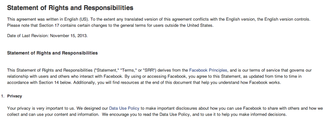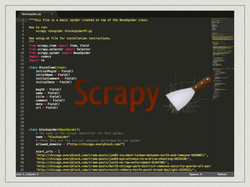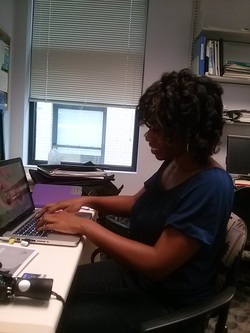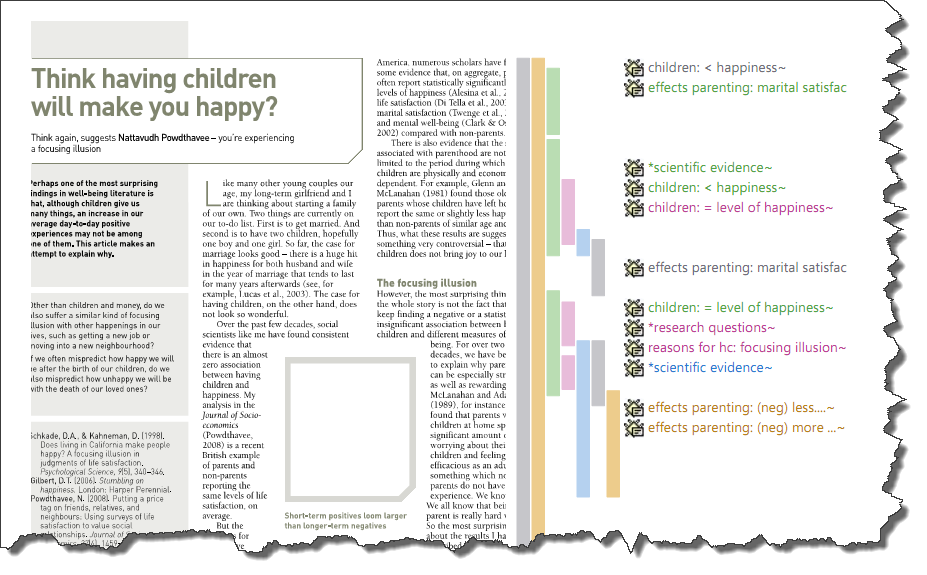Week 1 - Learning to Read
This week I read over thirty articles related to our research, and I learned I have a lot to learn about our research topic. Though I read thirty articles there are hundreds of articles related to our research. Professor Sheena demonstrated how to read a journal article with us. She explained that it is like learning how to read. We must be able to read critically, in addition to learning the new information each article provides. We must also be able to consider how the article can assist us in our research. Indeed, it is a lot to take in and remember, but it is worth it. I have about 30 more articles to read, but I am excited.
Week 2 - Design for Empathy
This week we had the wonderful opportunity to visit one of our project sites. We were given a tour of the community and learned about the historical landmarks in the area. My heart wanted to fall in love with the community as much as our guide. The experience reminded me of my first few months at my site in Botswana. I was eager to get involved in my community, but our initial months were meant to be a time of observation. So as our guide showed us around, I had to remind myself that this initial stage was meant for observing. It was meant to gather data that may not normally be noticed by community members.
During our research process we will be designing for empathy and not for sympathy. Visiting the community that we will be researching will help us to understand what we have been researching and reading about this past week. I look forward to utilizing this design approach in the next coming weeks.
During our research process we will be designing for empathy and not for sympathy. Visiting the community that we will be researching will help us to understand what we have been researching and reading about this past week. I look forward to utilizing this design approach in the next coming weeks.
Week 3 - Terms of Agreements and Terms of References

This week in the lab our goal was to look up conversations that are going on throughout social media about our project site and gentrification. Once we found a site, our goal was to read the website's Terms of Agreement or Terms of References in order to learn if we can use their data. Most websites have a Terms of Agreement or Terms of References. As an investigative researcher, I have learned that many of these articles of papers leave room for interpretation. We are very interested in obtaining a sample set of data for our research and using scrappers to obtain sample dialogues from various social media sites.
This week we also had the wonderful opportunity to meet and join the DePaul University REU Students for several workshops. We learned how to read a paper/article, what are the next steps in order to get into graduate school, and how previous participants grew from their experiences over the summer. It was great meeting the new students. The lab is full and active, and we look forward to a fun summer.
This week we also had the wonderful opportunity to meet and join the DePaul University REU Students for several workshops. We learned how to read a paper/article, what are the next steps in order to get into graduate school, and how previous participants grew from their experiences over the summer. It was great meeting the new students. The lab is full and active, and we look forward to a fun summer.
Week 4 - Did you know you could learn to code in less than a week
|
While many computer scientists may look at me weird. I had no idea that I was capable in learning how to code in less than a week. This week we learned how to make a web scraper for one of our projects. Instead of providing you all the details of the lab time spent worrying about code, listed below are the lessons that I learned from the experience.
|
Week 5 - Data Mining - A Confidence Boosting Activity

Our professor informed us that we should have 7,000 conversations pulled by our scraper. For some odd reason I agreed without second guessing the thought. Now my lab partner and I are scraping data and 7,000 has started to make me tense. We are using the code we built last week in order to collect this data. We must trust our code to perform what we built it to do. While I have built code in the past and allowed others to trust my code, I was a bit nervous using my code for its intended purposes. Looking back over this week, I have no clue why I felt this way because my code worked. It had some errors, but we debugged it, and it collected the data as we had intended it to do. This week was a confidence booster as it was a friendly reminder that there was nothing to worry about.
Week 6 - Interviewing and Interview Protocols
Here are some tips that I learned from this week about interviews and interview protocols. These tips were obtained by our mentor and from our readings:
There are plenty more lessons learned, but I thought I would share a couple.
- Ask questions that you developed to yourself or a friend in order to understand if they are conversational or if they will provide responses that would potentially provide useful information
- Sometimes interview questions will involve probing (asking further questions to further understand an interviewee) or prompting (providing examples to clarify a question)
- Try to remain as neutral as possible when performing a interview. Use statements, comments, or gestures that encourage conversation.
- Understand your audience or interviewees and use the appropriate amount of technical terms or field specific terms in your interview
There are plenty more lessons learned, but I thought I would share a couple.
Week 7 - Midterm Presentations
This week my teammate and I had the wonderful opportunity to presenting to the REU students (http://facweb.cs.depaul.edu/research/vc/medix/2014/students.htm) our current progress with our research. It was great practice in presenting to a large group. Though I have been a member of Toastmaster's and have taken public speaking courses, presenting in front of a group was a friendly reminder that the public speaking is an art that requires practice and preparation. While there may be incidents where a person will need to perform an impromptu speech, in most situations it is best to practice and know your audience.
Week 8 - Closing Out Scripts and On-ward to Coding
We finished last week by obtaining 10,000 + conversations related to our research. We are all very excited, but now we have two weeks to accomplish the wonderful act of coding all of our data. This week was a combination of cleaning and confirming data, learning how to code, and loading the necessary software onto our laptops. Additionally, I had the wonderful opportunity to help host an event for the DREU and REU students called "A Day in the Life of a PhD" student. Indeed it was a busy week or prepping data and learning a new analysis method. I am happy to say, my lab partner and I have the necessary tools to begin analysis.
Week 9 - Atlas.Ti and Code list

This week we began coding our 10,000+ conversations using Atlas.Ti. This week was also the final week for my group mate. It was a week of mixed emotions and tasks.
Atlas.Ti is a coding software that provides us the ability to store multiple relevant documents in one file. From these documents we can closely examine the content, or in our case conversations, and apply a code to statements and phrases in the document. We coded close to 400 conversations, but had to iterate through the conversations again as keywords or potential codes were being added to our code list. Out code list was created by our mentor and the anthropologist, Jesse Mumm. This list was created in order to standardize what my lab mate and I coded.
I have included an example of coding below from the Atlas.Ti website. The image on the right is the document, and the image on the left are the codes found within the document. Hopefully, that clarifies coding and our current process.
Atlas.Ti is a coding software that provides us the ability to store multiple relevant documents in one file. From these documents we can closely examine the content, or in our case conversations, and apply a code to statements and phrases in the document. We coded close to 400 conversations, but had to iterate through the conversations again as keywords or potential codes were being added to our code list. Out code list was created by our mentor and the anthropologist, Jesse Mumm. This list was created in order to standardize what my lab mate and I coded.
I have included an example of coding below from the Atlas.Ti website. The image on the right is the document, and the image on the left are the codes found within the document. Hopefully, that clarifies coding and our current process.
Final Week - Week 10- Go Hard Then Go Home
There was still plenty to code this week, and there was also plenty to prepare as I closed out this week. I enjoyed my summer and I only wish I had a couple of more weeks to continue coding. This week I prepared close out documentation, organized folders, and said goodbye to the other REU students. Additionally, I coded data. Coding online conversations is very interesting. I try to remain neutral, but I must acknowledge my own biases and try to reason as I code. There is no way to hear tone or see body language by users who submitted comments on the various sites we scrapped. With that in mind, conversations need to be read a couple of times to form a better understanding. I have handed over a documentation on my overall experience as a DREU student, and key items that I observed while coding the data. I look forward to seeing the great progress this project takes-on while my lab partner and I are away. I am extremely happy to have obtained research experience and to have been a part of the research process.
My near goal is to obtain a PhD. My experiences this summer have further solidified my dream of going into academia. Now it's time to pack up and head to Harvard for graduate school. Check out my new adventures at: http://ihudiyaogburu.com/
Ciao,
Finda
My near goal is to obtain a PhD. My experiences this summer have further solidified my dream of going into academia. Now it's time to pack up and head to Harvard for graduate school. Check out my new adventures at: http://ihudiyaogburu.com/
Ciao,
Finda

